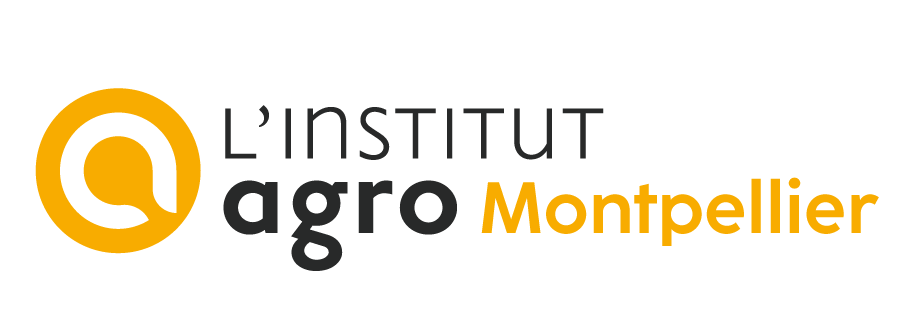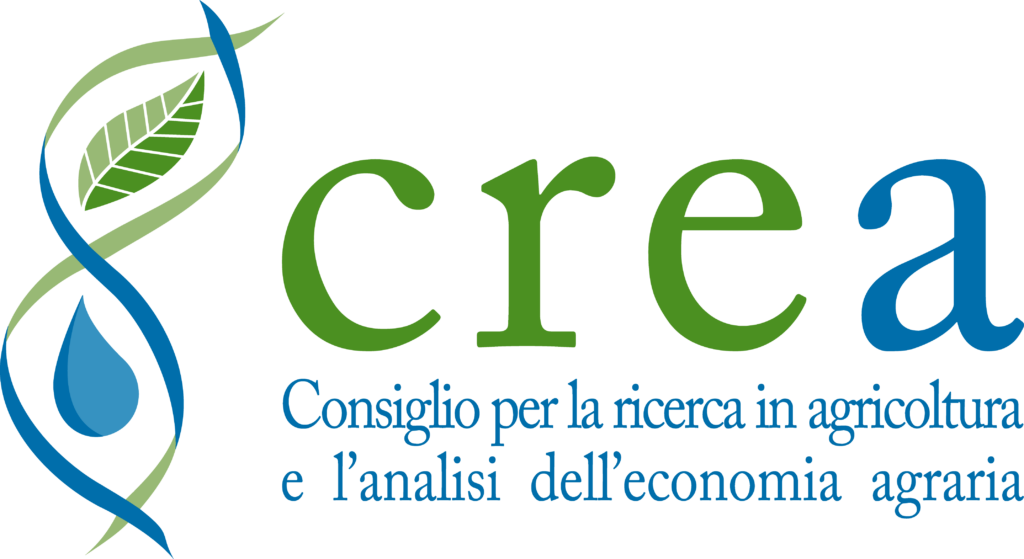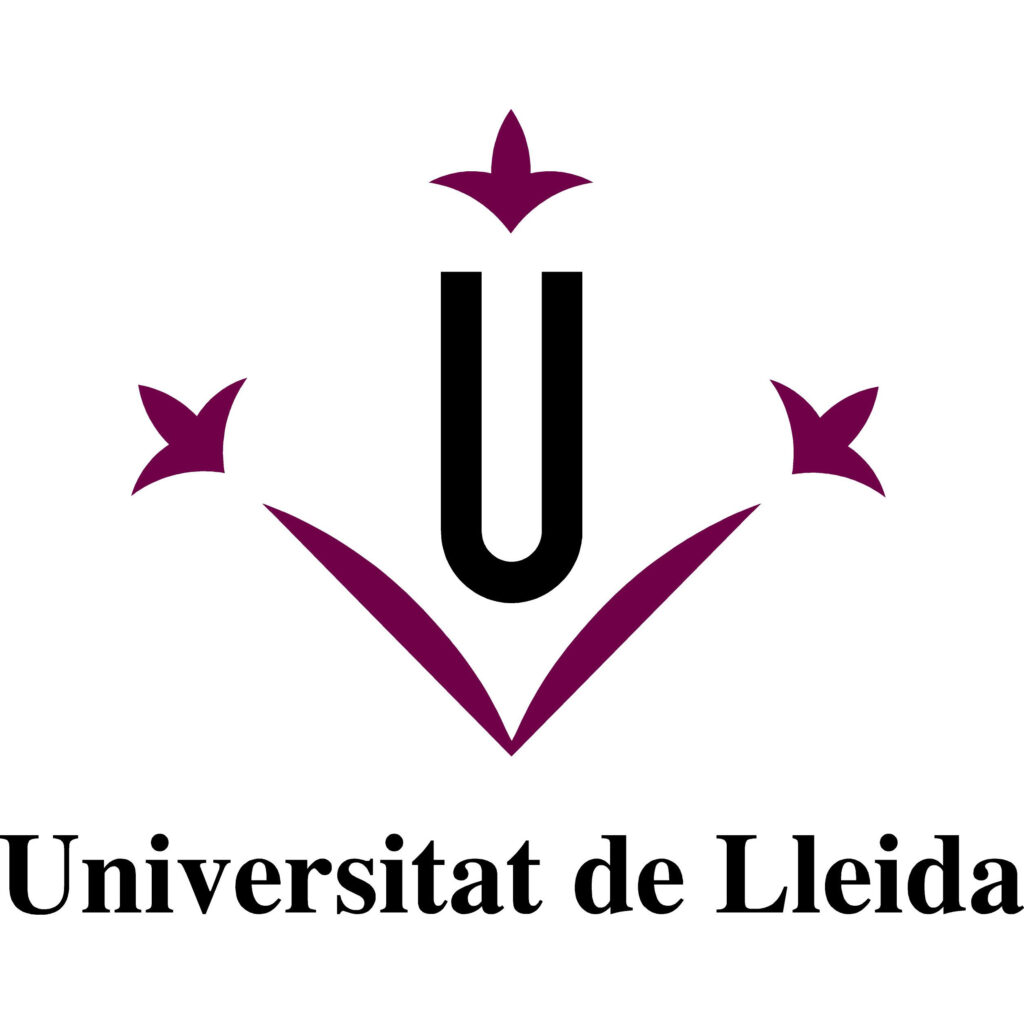See below the 9 institutions of Biodiversify project

CIRAD
CIRAD is the French agricultural research and international cooperation organization working on the sustainable development of tropical and Mediterranean regions. CIRAD works with its partners to generate and pass on new knowledge to support agricultural development. It puts its scientific and institutional expertise at the disposal of policy makers in France and southern countries and gets involved in global debates on the main issues concerning agriculture. Its activities concern life sciences, social sciences and engineering sciences, applied to agriculture, the environment and territorial management. Its work addresses the main challenges of sustainable development.
CIRAD is engaged in the Joint Research Unit (JRU) ABsys that manages scientific projects exploring the properties of multi-species cropping systems and arable crops in Mediterranean and Tropical areas, in particular for arable cropping and agroforestry systems composed of various species. The aim is to better understand, design and manage these systems to support efficient and sustainable production of the different ecosystem services that societies expect from agriculture. The JRU ABsys also has an expertise in species mixtures modelling that will be used in Biodiversify for improving current models such as STICS (intercrop version) and Hi-sAFe (adaptation for olive trees) and also in the expert use of Browse model for assessing the pesticides health risks for farmers as well as rural citizens.

INRAE
INRAE is Europe’s top agricultural research institute and the world’s number two centre for the agricultural sciences. Its scientists are working towards solutions for society’s major challenges concerning food, agriculture and environment. Its mission is to produce and disseminate scientific knowledge, elaborate national and European research policy, provide scientific expertise to public policy makers and private stakeholders, generate technological and social innovation, participate in educational training by and for research, foster science-in-society debates, facilitate open access to scientific data and publications.
Within INRAE, the “Biodiversified agrosystems” joint research unit (INRAE-ABsys) produces knowledge and tools to assess and design diversified cropping systems combining economic efficiency and the production of environmental services. It has a long experience in studying and modelling cropping and agroforestry systems and other complex systems in the Mediterranean region. INRAE-DIASCOPE experimental unit manages a unique high throughput phenotyping field and post-harvest platform dedicated to drought stress and organic farming. It owns also an agroforestry system associating olive trees with cereals and legume crops dedicated to plant breeding. INRAE-INNOVATION is specialised in participatory approaches to accompany innovation in the agricultural sector, in particular in the Mediterranean region.
Institut Agro Montpellier

L’institut Agro Montpellier is a French public institution devoted to higher education and research in Agriculture, Food and Environment. L’institut Agro Montpellier is widely open to international issues and partnerships, with specific focus and recognized expertise on southern and Mediterranean areas.
Caussade Semences Group
CSG is a seed company represented in 35 countries by 630 permanent employees. Since 60 years, CSG is a multi-species seed producer, present on all trades of the Seed (Research, Production, Manufacturing and Marketing), with a strong territorial anchorage due to a 100% agricultural shareholding and an international dimension (60% of sales are made internationally). Through 6 research centers in Europe, the group is investing up to 15% of revenues in R&D.
CSG is strongly involved in the sustainable agricultural development. The group is developing forage crops and multi-service cover crops (wide range of species and cultivars), and is one of the European leaders for organic seeds.

Ecole Nationale Superieure Agronomique d’Alger (ENSA)
ENSA is the national high school of agronomy in Algeria working for the sustainable development of agricultural system at the scale of all Algerian agroecosystem. ENSA works with its international partners to generate and pass on new knowledge to ensure agricultural development and food security. ENSA missions are to provide scientific expertise to public, policy makers and some stakeholders, generate technological and social innovation, and participate in educational training for master, PhD students and researchers on both animal and vegetal production. To ensure food security in Algeria, the development and ecological intensification via conservation agriculture of local farming practices has become a strategic necessity to sustain agroecosystem productivity at economic, social and environmental levels. In this context, one of the important goals of ENSA research activities is to better improve proposed solutions for the Algerian soil problems and to replace fallow, cereals and legumes monocropping systems by more profitable agricultural practices such as including of legumes in either crop rotation or intercropping with cereals, which might be an alternative agronomic practice.
The research team of ENSA will participate in the Biodiversify project in WP1, 2, 3 and 4. We will participate in the assessment of current agricultural production systems performances based on field experiments at farm and plot scale to better study agrosystem services for either legumes-cereals monocropping or intercropping systems. Regardless of the scientific level, we investigate the effects of a large diversity of soils, climate variation and culture conditions of legumes on plant performance (growth, yield, microbial activity, nutrients and water use efficiency).

Leibniz Centre for Agricultural Landscape Research (ZALF)
ZALF is a national research institution of the Leibniz Association. Its mission is to scientifically explain causal relationships in agricultural landscapes, and to provide society with a knowledge-base for the sustainable use of agricultural landscapes through excellent research. ZALF is unique for the integrated research on agricultural landscapes for the sustainable management of soil, land, water, biodiversity, conservation of natural and cultural resources and sustainable development of rural areas. Activities are focused on methods and models for anticipating future driving forces of agricultural systems to develop adaptive agricultural management, assess impacts of agricultural management on agronomic performance and long-term sustainability, and support decision making for agricultural policy.
ZALF provides expertise from two research groups i) “Farm economics and ecosystem services” (LBW) and ii) Recourse efficient cropping systems” (RCS). They contribute with cropping system assessments, bio-economic modelling and policy scenarios, building on long-term research collaboration implemented in several national and international research projects.

Aristotle University of Thessaloniki (AUTH)
The Aristotelio Panepistimio Thessalonikis (Aristotle University of Thessaloniki, AUTH) is the largest university in Greece. Among its 11 faculties one is the Faculty of Agriculture, Forestry and Natural Environment, which is divided in two schools: the School of Agriculture and the School of Forestry and Natural Environment. The School of Agriculture has nearly 3200 registered undergraduate students, 221 Master of Science students, and 138 Doctoral degree candidates. AUTH participates in many European and international research programmes and projects, cooperates with international institutions and organizations, and attracts outstanding researchers from Greece and abroad. The research policy of the Aristotle University focuses on promoting quality and encouraging excellence.
AUTH has several research units and experimental stations which will contribute to Biodiversify and especially the Laboratory of Agronomy which combines plant physiology and agronomy sciences to tackle agronomy and crop diversification issues. The Laboratory of Agronomy studies species mixtures (such as cash crops, cereal-grain legume intercrops, cover crops and forage stands) and develops novel approaches (functional analysis and in-field phenotyping) to design species mixtures rules and to assess genotype / environment / agricultural practice interactions. The Laboratory of Agronomy works with the University farm to co-design (with agricultural partners) new species mixtures management practices, new agroforestry systems, innovative cropping systems and support tools for sustainable crop management and assessment of ecosystem services.

Consiglio per la ricercar in agricoltura e l’analisi dell’economia agraria (CREA)
CREA is the largest national (Italy) research organization in agriculture. It operates under the supervision of the Ministry of Agriculture, with general scientific competence within the fields of agriculture, agroindustry, food, fishery and forestry, therefore including the study and implementation of sustainable agricultural systems. CREA gathers together the experience of 28 Agricultural Research Institutes and their 54 peripheral operational units for a total of 82 offices throughout the nation. The distribution of the CREA offices throughout national territory allows it to widely extend its expertise and proficiency, and to closely operate in conjunction with central administrations, local and regional institutions, companies and various trade, industrial and legal associations.
CREA will contribute to the co-design of innovative cropping and farming systems (WP1), the phenotyping of varieties and species adapted to Mediterranean farming systems (WP2), the experimental evaluation of species diversification in cropping systems (WP3), and the assessment of diversified cropping systems using soil-crop models, particularly in providing data on the ecophysiology traits of olive trees, in order to calibrate agroforestry models for olive trees (WP4), and in dissemination activities (WP6).

Universitat de Lleida (UdL)
UdL is a public, dynamic, innovative and modern university, to the service of the society and with universal vocation. People training is one of the main missions, offering excellent teaching and services of quality. UdL is a leading institution in Spain for research and education in the fields of Agronomy, Food Technology and Forestry.
UdL will co-lead WP1 to design high species diversification (HSD) strategies. UdL group will focus on cereal-legume crop rotation case scenario (CS). UdL will run cropping system experiments in WP3 to assess the agronomic and environmental performance of scenarios of biodiversified arable rotations in combination with optimized management practices. WP4, aimed at assessing HSD strategies using an intercrop version of the STICS model, calibrating and evaluating the performance to simulate different HSD scenarios of selected case studies. Finally, UdL will contribute to assess the socioeconomic performance of the HSD and in WP6 to the dissemination of the research results to stakeholders.
Institut de l’Olivier de Sfax (IO)
IO is a Tunisian public institution which mission is to carry out research activities to promote olive and fruit tree sectors and to improve the production and productivity, while ensuring the preservation of natural resources. IO carries out, in collaboration with national and international institutions, technical and economic studies contributing to the development of strategies for olive growing and ensuring the dissemination and exploitation of the research results. The joint research laboratories “Sustainability of Olive and Fruit Trees Production systems: SOFT-Prod” and “Integrated Olive Production in Humid and Semi Arid regions of Tunisia” coordinate research projects aiming at the development of sustainable production system for olive growing under large pedoclimatic conditions.
IO will contribute to the co-design of innovative cropping and farming systems via a multi-actor panels and a multi-criteria analysis (WP1), characterisation and agro-economic evaluation of different agroforestry systems in olive orchards (WP2&3), investigation of possible annual crops (local or new) of high potential for olive agroforestry systems (WP2) and participate to dissemination (WP6).
